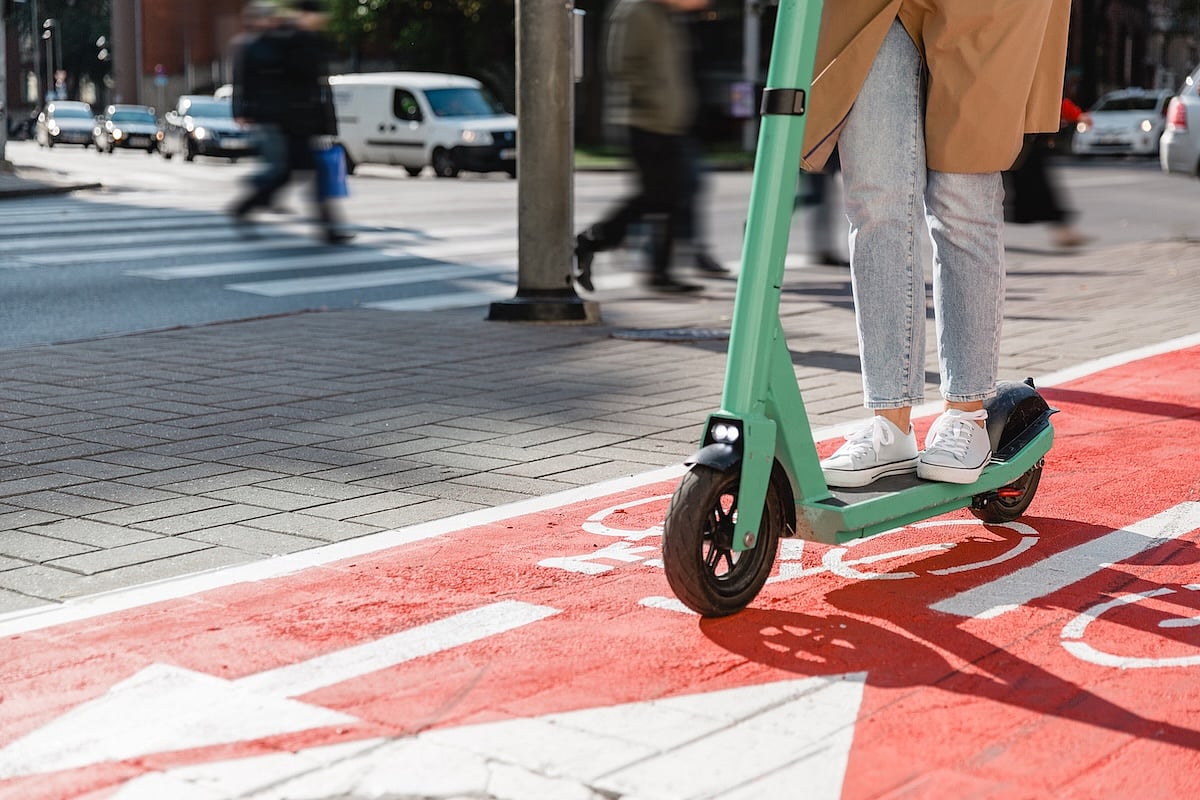Mon-Fri: 8:30a.m.-5:30p.m. | Sat: 9a.m.-12p.m. | Sun. & Major Holidays: Closed
Patient Resources
Get Healthy!
Scooter Riders Were High Or Drunk In A Quarter Of Wrecks
- May 2, 2025
- Dennis Thompson
- HealthDay Reporter

Don’t drink and drive is a message the public has largely accepted.
Now how about don’t drink and scoot?
A quarter of people injured in electric scooter accidents were drunk or high when their mishap occurred, researchers recently reported in the journal The American Surgeon.
“In today’s landscape of rapidly growing scooter use, our study highlights how substance use among riders has played a significant role in the rise of severe, costly, and largely preventable injuries,” senior researcher Dr. Areti Tillou, a trauma surgeon and vice chair for education in the UCLA Department of Surgery, said in a news release.
For the study, her team analyzed records on more than 7,300 people injured in scooter crashes between 2016 and 2021, drawn from a national hospital care database.
During that period, annual scooter-related hospitalizations leaped more than eightfold, with more than 2,700 occurring in 2021.
About 25% of the injuries occurred among people who had been drinking or using opioids, marijuana or cocaine, researchers found.
Of those, more than 16% of adults had been drinking, the study says.
Further, the risk of a concussion or brain injury among drunk or drugged scooter riders was nearly double that of people who weren’t impaired, results show.
Scooter wrecks involving impaired riders also cost more to treat, with hospital costs higher by an average $4,600 per patient, researchers said.
Previous studies have shown that people using scooters and other similar forms of transportation were more than twice less likely to wear helmets under the influence of alcohol, researchers noted.
“As urban centers continue to expand shared micromobility systems, the growing prevalence of substance use among scooter riders raises serious concerns about rider safety,” Tillou said.
“These findings underscore the urgent need to strengthen safety regulations, enforce helmet use, and reduce substance use among scooter riders to prevent injuries and promote safer, more sustainable urban transportation,” she concluded.
Besides not riding while drunk or drugged, people on scooters can also protect themselves with several other safety measures, according to Harvard Medical School:
Wear a helmet.
Follow road rules.
Slow down.
Ride defensively, keeping an eye out for potholes and car doors.
Let others know you are near – for example, shout “on your left” as you prepare to pass a rider or pedestrian.
More information
Harvard Medical School has more on e-scooter safety.
SOURCES: UCLA, news release, April 29, 2025; The American Surgeon, April 18, 2025

